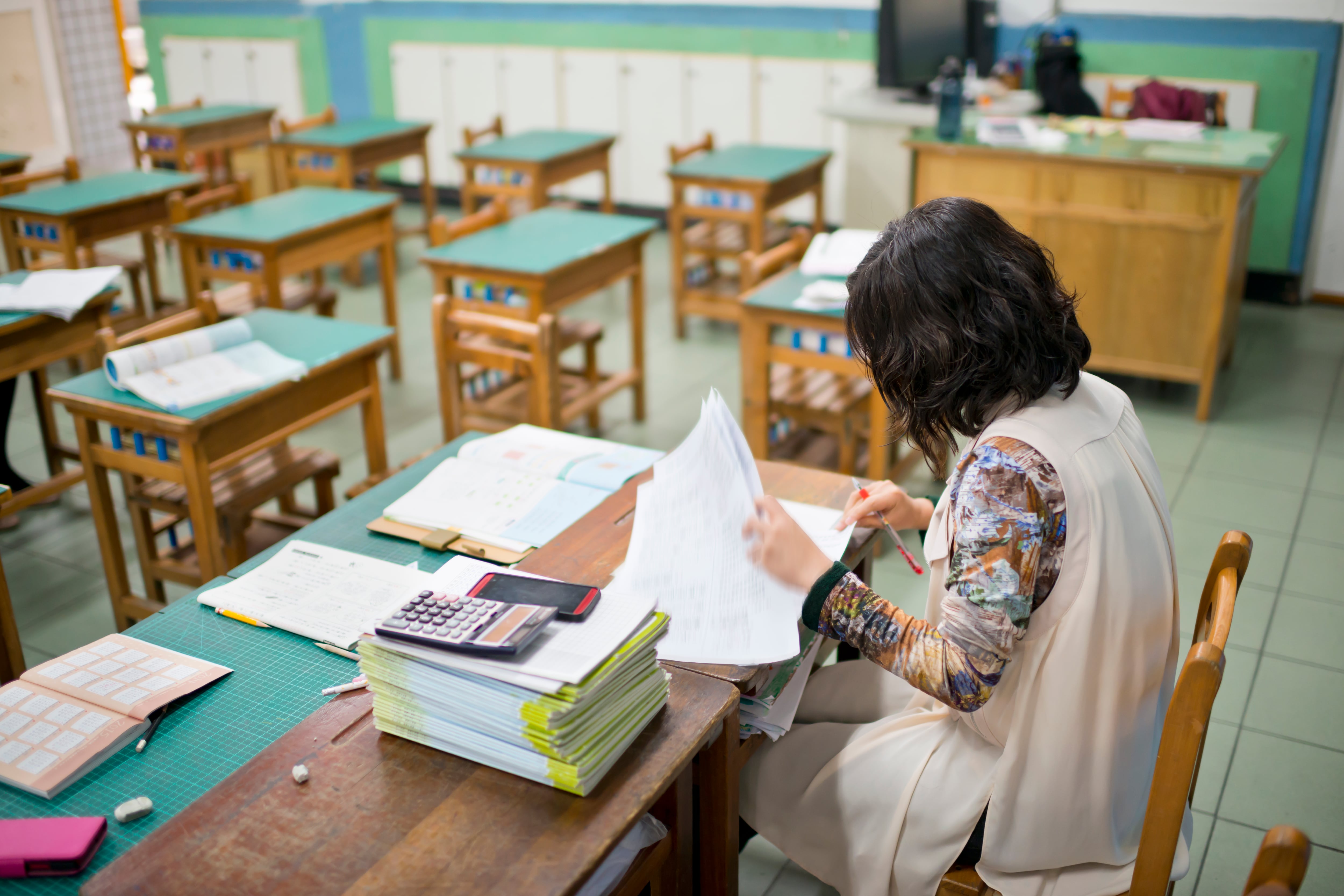The Illinois state board of education has created a $4 million grant from federal coronavirus relief funds that would help increase the number of bilingual educators in the state, amid growing calls to fill teacher vacancies.
The grant will give school districts money to pay tuition for current teachers who have a bilingual endorsement but want to earn professional licensure and for current educators who want to earn a bilingual endorsement.
Illinois school districts have struggled to fill teacher vacancies throughout the pandemic. Bilingual educators are in high demand, second only to special education teachers. In October, local school districts reported 98 vacancies for bilingual educators. One key issue preventing districts from filling vacancies is finding teachers who have a state license.
The state estimates that 2,200 bilingual teachers currently have a non-renewable five-year license. The goal of the two-year grant is for that group of educators to be able to teach longer than a five-year term and for current teachers to earn a bilingual endorsement.
The state hopes that increasing the number of bilingual educators will help English learners, who make up 12.9% of the state’s student population. The state’s 2021 report card shows that English learners have been one of the student groups hit the hardest during the pandemic.
English learners’ proficiency in English language arts and math dropped by half compared with 2019. Also, chronic absenteeism among English learners increased from 17.2% in 2019 to 23.8% in 2021.
State superintendent Carmen Ayala said in a press release that after serving as the director of bilingual services in a school district for nine years, she understands how important it is for teachers to be properly trained to support English language learners.
“Their ability to flourish in school in any subject depends wholly on getting effective services to support their language development,” said Ayala.
Samantha Smylie is the state education reporter for Chalkbeat Chicago, covering school districts across the state, legislation, special education, and the state board of education. Contact Samantha at ssmylie@chalkbeat.org.






